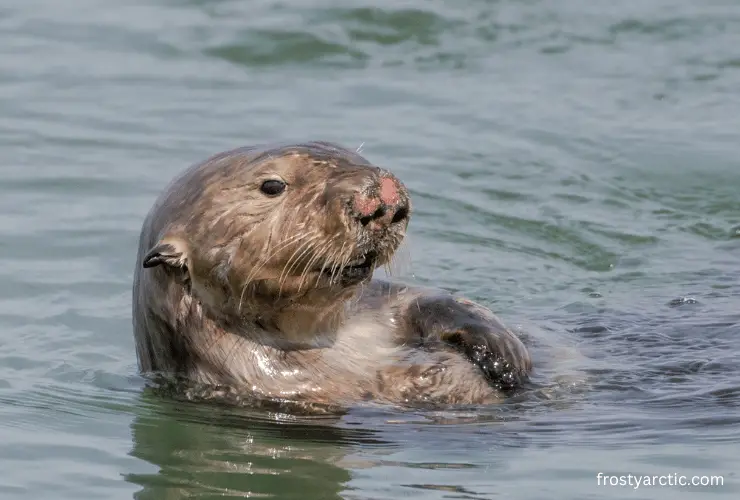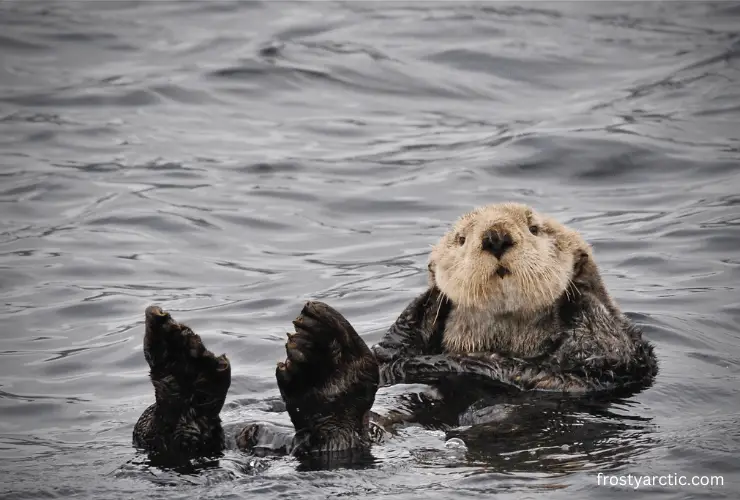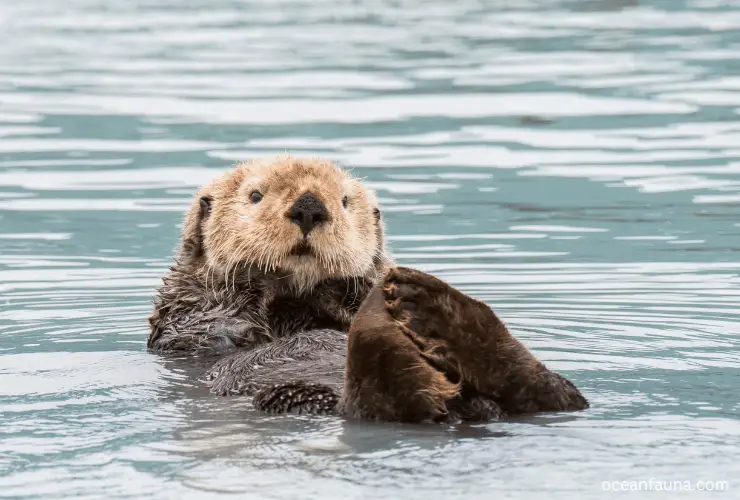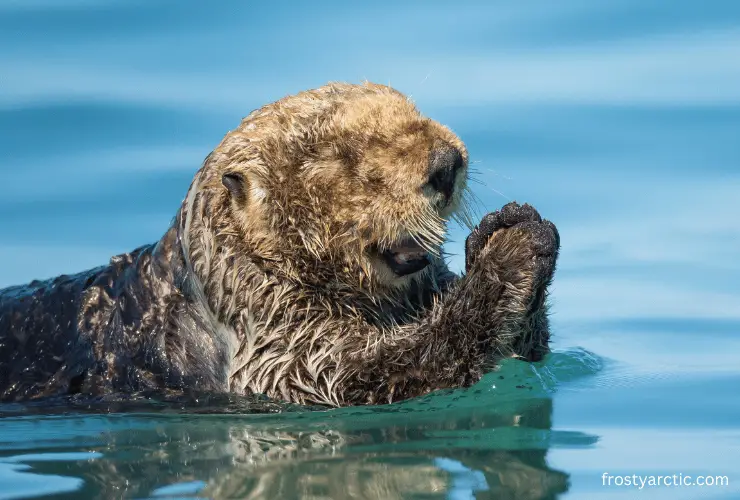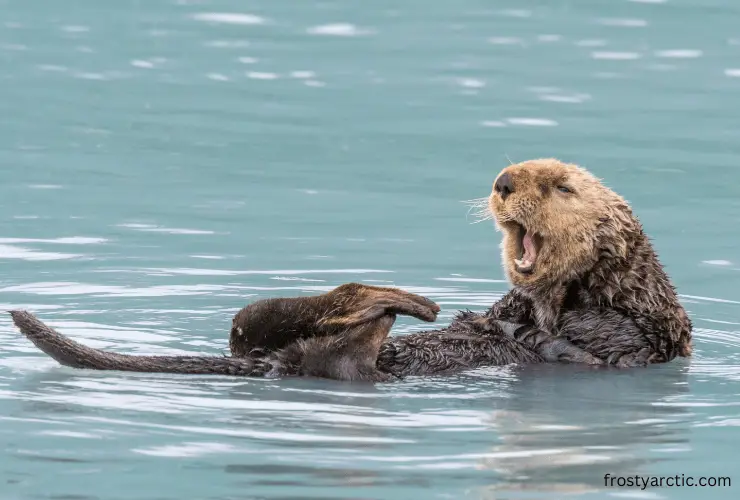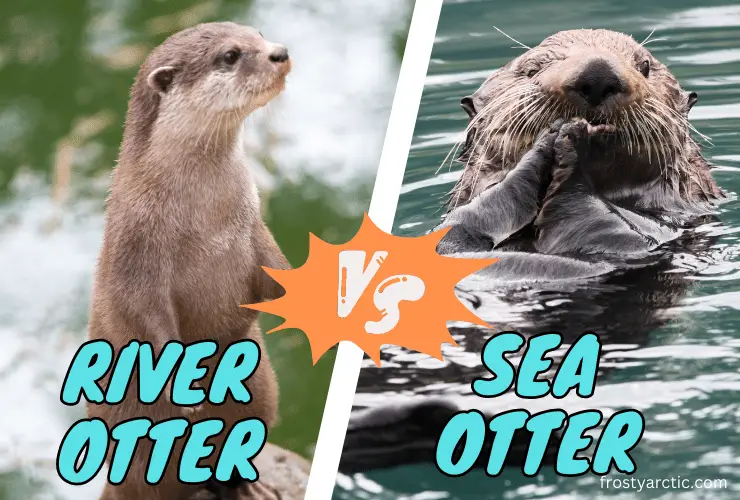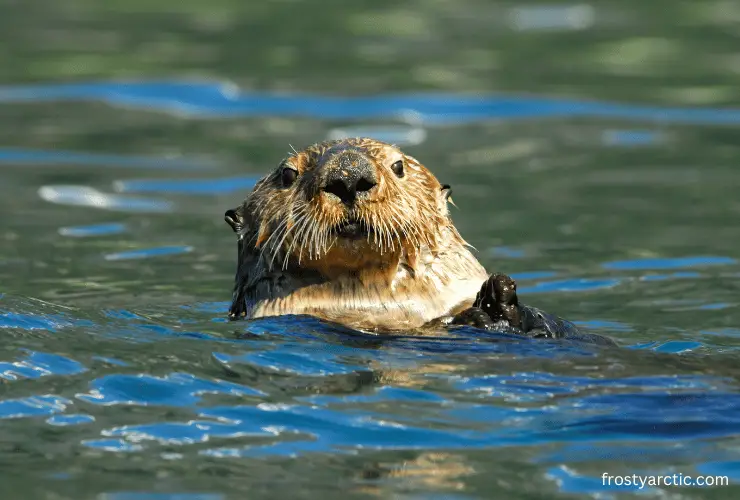Do Sea Otters Eat Sea Urchins?
Yes, sea otters do eat sea urchins. Sea urchins are, in fact, a significant part of the sea otter’s diet, providing essential nutrients. Red and purple sea urchins are their favorites. But they can consume other sea urchin species when they are available. They use their skill to get past the sea urchin’s spiky exterior, … Read more

